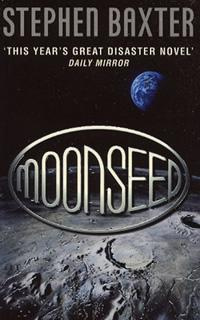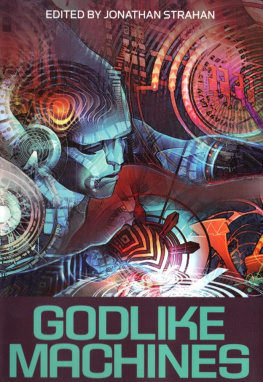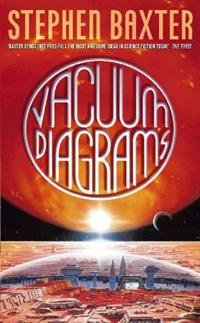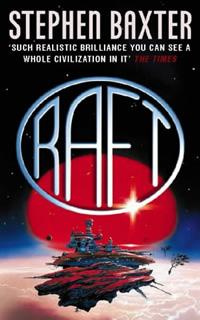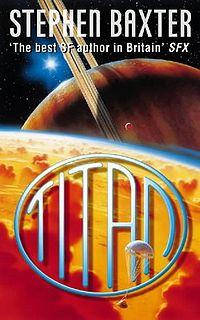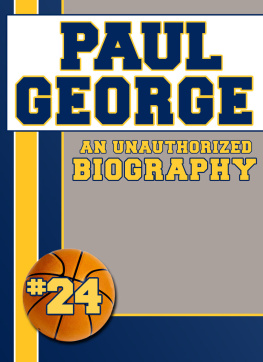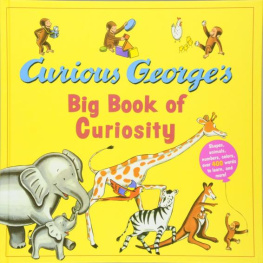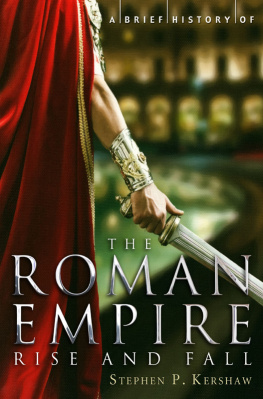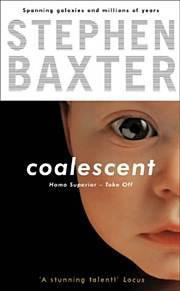Coalescent
by Stephen Baxter
To Neil, Ann, Katherine, Anna, and Clare Baines
I have come to stay in Amalfi. I cant face going back to Britain not yet and to be here is a great relief after the swarming strangeness I encountered in Rome.
Ive taken a room in a house on the Piazza Spirito Santo. There is a small bar downstairs, where I sit in the shade of vine leaves and drink Coke Light, or sometimes the local lemon liqueur, which tastes like the sherbet-lemon boiled sweets I used to buy as a kid in Manchester, ground up and mixed with vodka. The crusty old barman doesnt have a word of English. Its hard to tell his age. The flower bowls on the outdoor tables are filled with little bundles of twigs that look suspiciously like fasces to me, but Im too polite to ask.
Amalfi is a small town nestling in a valley on the Sorrento Peninsula. This is a coast of limestone cliffs, into which the towns have been carved like seabird nesting grounds. People have adapted to living on a vertical surface: there are public staircases you can follow all the way to the next town. Nothing in Italy is new Amalfi was a maritime power in the Middle Ages but that sense of immense age, so oppressive in Rome, is absent here. And yet much of what shaped the horror in Rome is here, all around me.
The narrow cobbled streets are always crowded with traffic, with cars and buses, lorries and darting scooters. Italians dont drive as northern Europeans do. They just go for it: they swarm, as Peter McLachlan would have said, a mass of individuals relying on the unwritten rules of the mob to get them through.
And then there are the people. Just opposite my bar there is a school. When the kids are let out in the middle of the day well, again, they swarm; theres really no other word for it. They erupt into the piazza in their bright blue smocklike uniforms, all yelling at the tops of their voices. But its soon over. Like water draining from a sieve, they disperse to their homes or to the caf s and bars, and the noise fades.
And, of course, there is family. You cant get away from that in Italy.
Amalfi used to be a center for making rag paper, a technique they learned from the Arabs. Once there were sixty mills here. That number has dwindled to one, but that one still supplies the Vatican, so that every papal pronouncement can be recorded forever on acid-free rag paper, now made fine enough for a computer printer to take. And that surviving Amalfi mill has been operated without a break by the same family for nine hundred years.
The swarming crowds, the thoughtless order of the mob, the cold grasp of ancient families: even I see visions of the Coalescents everywhere I look.
And I see again that extraordinary crater, collapsed in the middle of the Via Cristoforo Colombo, with the plume of gray-black tufa dust still hanging in the air above it. Workers from the offices and shops, clutching cell phones and coffees and cigarettes, peered into the hole that had suddenly opened up in their world. And the drones simply poured out of the crater, in baffling numbers, in hundreds, thousands. Obscured by the dust, they looked identical. Even now there was a kind of order to them but nobody led. The women at the fringe would press forward a few paces, blinking at the staring office workers around them, and then turn and disappear back into the mass, to be replaced by others, who pushed forward in turn. When it reached the edge of the road, the flowing mob broke up, forming ropes and tendrils and lines of people that washed forward, breaking and recombining, probing into doorways and alleyways, swarming, exploring. In the dusty light they seemed to blur together into a single rippling mass, and even in the bright air of the Roman afternoon they gave off a musky, fetid odor.
I suppose Im trying to compensate. I spend a lot of my time alone, in my room, or walking in the hills that loom over the towns. But a part of me still longs, above everything else, to go back, to immerse myself once more in the Coalescents warm tactile orderliness. It is an unfulfilled longing that, I suspect, will stay with me until I die.
How strange that my quest to find my own family would lead me to such mysteries, and would begin and end in death.
It began at a strange time for everybody, in fact. The news had just emerged about the Kuiper Anomaly, the strange new light beyond the sky. London is the place to be when a story like that breaks, the kind of massive, life-changing news that you want to share with your friends, at the office watercoolers or in the pubs and coffee bars, and chew over the latest wrinkles.
But I had to go home, to Manchester. It was duty. I had lost my father. I was forty-five.
My fathers house, the family home where I had grown up, was one of a short street of identical suburban properties: a neat little semidetached, with scraps of lawn at the front and back. Standing in the drive on a dazzling, bright September morning, I tried to keep control of my emotions, tried to think like a stranger.
When they were built in the fifties, not long before my birth, these little houses must have seemed desirable compared to the back-to-back terraces of the inner city, and a hell of a lot better than the tower blocks that would follow in a few years time. But now, in the first decade of the new century, the brickwork looked hasty and cheap, the little flower beds were subsiding, and some of the exterior work, like the plaster-covered breeze blocks that lined the driveways, was crumbling. Not much of the streets original character remained. There were plastic-framed double-glazed windows, rebuilt roofs and chimney stacks, flat-roofed bedrooms built over the garages, even a couple of small conservatories tacked on the front of the houses opposite my fathers, to catch the southern light. After nearly fifty years the houses had mutated, evolved, become divergent.
The people had changed, too. Once this had been a street of young families, with us kids playing elaborate games that paused only when the occasional car came sweeping in off the main road. One car to a household then, Morris Minors, Triumphs, and Zephyrs that fit neatly into the small garages. Now there were cars everywhere, cluttering every drive and double-parked along the pavement. Some of the small gardens had been dug out and paved over, I saw, to make even more room for the cars. There wasnt a kid to be seen, only cars.
But my home, my old home, was different from the rest.
Our house still had the original wooden concertina-style garage doors, and the small wooden-framed windows, including the bay at the front of the house where I used to sit and read my comics. But I could see how the woodwork was chipped and cracked, perhaps even rotten. There had once been an ivy, an extravagant green scribble over the front of the house. The ivy was long gone, but I could see the scars on the brickwork where it had clung, palely weathered. Just as when my mother had been alive shed gone ten years earlier my father would only do the most basic renovation. He did most of his work for the building trade, and he said he had enough of building and decorating during the week.
One of the few nods to modernity I could spot was the silver box of a burglar alarm stuck prominently on the front wall. Dads last burglary had been a few years back. It had taken him days to notice it, before he had discovered the neatly broken lock on the garage door, and the smashed window in the car he rarely used, and the neatly coiled turd on the floor. Kids, the police had said. Panic reactions. My father had been defiant, but he had been troubled by the draining of his own strength, and his inability to fight back as he always had before against the cruel selfishness of others. I had paid for the alarm and arranged for it to be installed. But, Im ashamed to say, this was the first day Id actually seen it in place.


